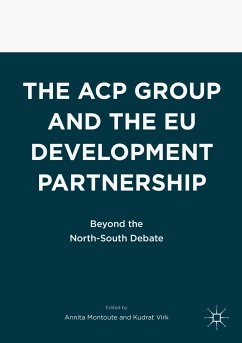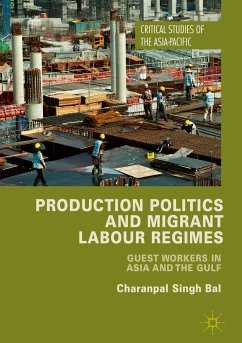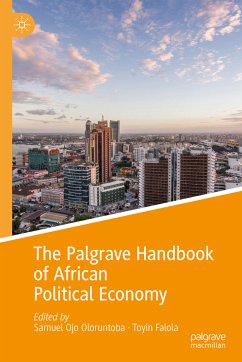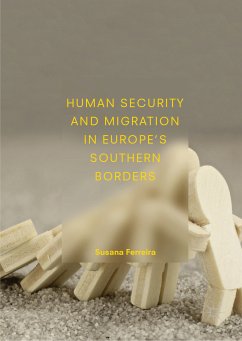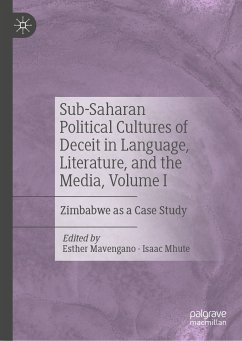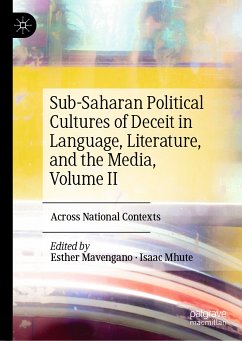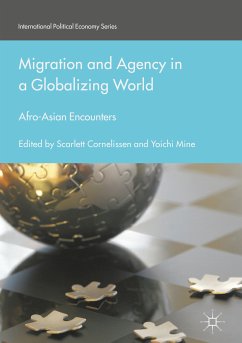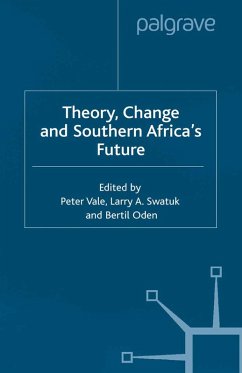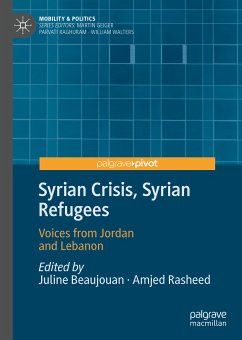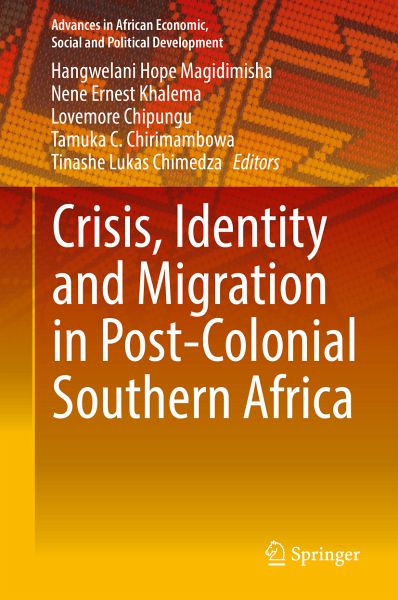
Crisis, Identity and Migration in Post-Colonial Southern Africa (eBook, PDF)
Versandkostenfrei!
Sofort per Download lieferbar
96,95 €
inkl. MwSt.
Weitere Ausgaben:

PAYBACK Punkte
48 °P sammeln!
This book offers a socio-historical analysis of migration and the possibilities of regional integration in Southern Africa. It examines both the historical roots of and contemporary challenges regarding the social, economic, and geo-political causes of migration and its consequences (i.e. xenophobia) to illustrate how 'diaspora' migrations have shaped a sense of identity, citizenry, and belonging in the region.By discussing immigration policies and processes and highlighting how the struggle for belonging is mediated by new pressures concerning economic security, social inequality, and globali...
This book offers a socio-historical analysis of migration and the possibilities of regional integration in Southern Africa. It examines both the historical roots of and contemporary challenges regarding the social, economic, and geo-political causes of migration and its consequences (i.e. xenophobia) to illustrate how 'diaspora' migrations have shaped a sense of identity, citizenry, and belonging in the region.
By discussing immigration policies and processes and highlighting how the struggle for belonging is mediated by new pressures concerning economic security, social inequality, and globalist challenges, the book develops policy responses to the challenge of social and economic exclusion, as well as xenophobic violence, in Southern Africa.
This timely and highly informative book will appeal to all scholars, activists, and policy-makers looking to revisit migration policies and realign them with current globalization and regional integration trends.
By discussing immigration policies and processes and highlighting how the struggle for belonging is mediated by new pressures concerning economic security, social inequality, and globalist challenges, the book develops policy responses to the challenge of social and economic exclusion, as well as xenophobic violence, in Southern Africa.
This timely and highly informative book will appeal to all scholars, activists, and policy-makers looking to revisit migration policies and realign them with current globalization and regional integration trends.
Dieser Download kann aus rechtlichen Gründen nur mit Rechnungsadresse in A, B, BG, CY, CZ, D, DK, EW, E, FIN, F, GR, HR, H, IRL, I, LT, L, LR, M, NL, PL, P, R, S, SLO, SK ausgeliefert werden.



